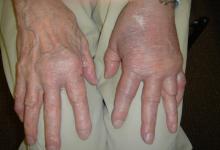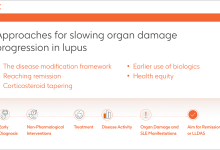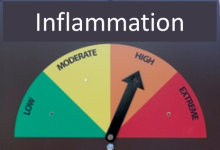The Rising Price of Dermatologic Drugs Save

Containment of health care costs was a primary goal of the Patient Protection and Affordable Care Act. But there is little evidence of success in curbing the rising price of prescription drugs. As such, many medications are unaffordable to those who need them.
In a recent study in JAMA Dermatology, Dr. Steven P. Rosenberg and colleagues aimed to find out how much prices of commonly prescribed dermatologic medications had changed since 2009 using prescription drug prices at four national chain pharmacies in West Palm Beach, FL, in 2009, 2011, 2014 and 2015. (Citation source http://buff.ly/1MQh5EI)
Prices increased most dramatically (1,240%) for topical antineoplastic drugs. The authors found that between 2009-15, the prices of all brand-name drugs increased by an average of 401%. Psoriasis drugs had the smallest percentage price increase of 180% Seven drugs more than quadrupled in retail price, with most increases occurring after 2011. Prices of acne and rosacea medications increased a mean of 195%, and prices of topical corticosteroids increased a mean of 290% during the study period. Selected generic drugs surveyed in 2011 and 2014 also increased a mean of 279% during the 3-year period. They did not study the price of biologic drugs for psoriasis.
Specific reasons for the increases in the costs of dermatologic prescription drugs were not evident, but may include drug shortages and mergers and acquisitions that enable pharmaceutical companies to corner specific drug markets. This has been especially true with the rising costs of generics.
Patients with prescription drug coverage on their insurance may not notice the retail price of medications, but high drug prices will ultimately be reflected in increasingly expensive monthly insurance premiums.
Patients without insurance pay high retail list prices for their medications. Medicare patients are ineligible for pharmaceutical coupon savings, and even those with insurance are finding that formularies increasingly restrict accessibility to medications, unless they pay out of pocket.







If you are a health practitioner, you may Login/Register to comment.
Due to the nature of these comment forums, only health practitioners are allowed to comment at this time.